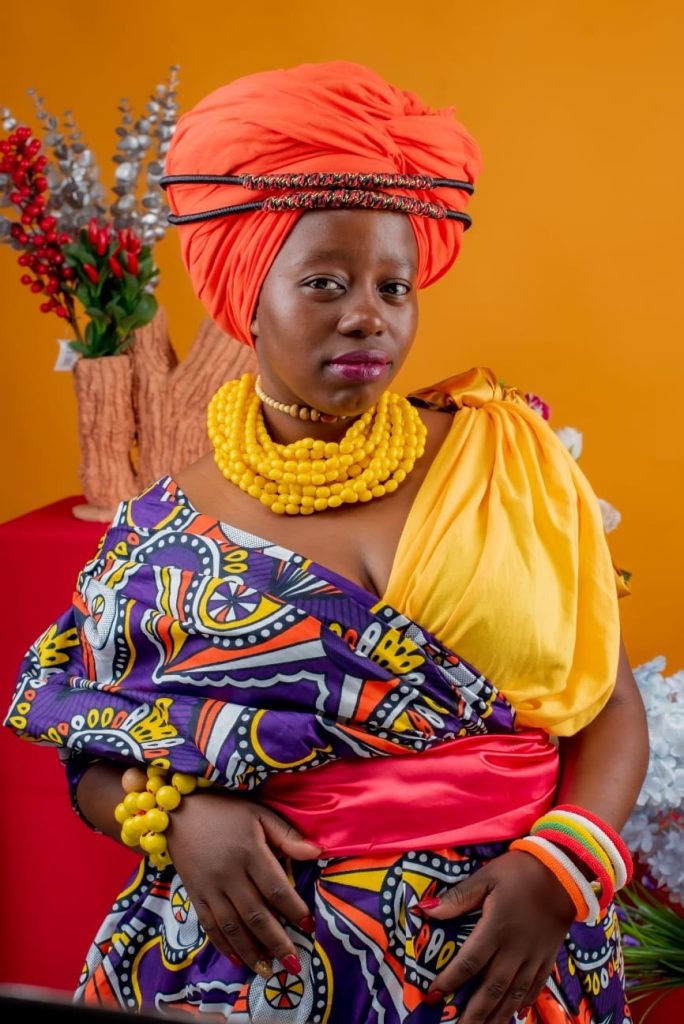Who is your first audience when you write a poem? Is it the world, with its applause and critique, or are you, first and foremost, speaking to yourself? This question captures the heart of self-reflection and growth that poetry often inspires—a journey inward before extending outward. As South Africa observes 16 Days of Activism for No Violence against Women and Children beginning on November 25, this question becomes especially resonant. While activism often focuses on addressing external violence, it is equally vital to confront the violence we may inflict upon ourselves through learned perceptions of inadequacy. Luleka Mhlanzi, a multi-award-winning performance poet, actress, and youth facilitator, exemplifies the transformative power of self-reflection through her art. In her debut anthology, Confiscated Identity, she confronts societal and personal narratives, offering readers an intimate portrayal of a young woman reclaiming her sense of self. Self-published in 2021, Confiscated Identity has already gone into its second print—a testament to its profound impact. Mhlanzi’s work, celebrated both nationally and internationally, transcends performance, acting as a mirror for women and young girls striving to find their voices in a world often unkind to them. “I wanted to express the voice of the voiceless, and I hope the poems come from that voice—sometimes cracked, but still there,” says Mhlanzi. Her poetry chronicles deeply personal conversations, particularly with the image she sees in the mirror. Poems like Beauty Under Siege reflect the struggle against internalized self-doubt:
“I have heard your conversations with them.
They have planted in you the belief
That you are not enough
And that you have not collected enough debris to help
Make yourself perfect.”
Through such verses, Mhlanzi challenges readers to unlearn harmful societal narratives and embark on a journey of self-acceptance.
Mhlanzi’s activism extends beyond the page. In 2023, she launched Beauty Revised, an online platform where women gather to discuss societal beauty standards. Initially informal, it has grown into a TikTok livestream series, offering a safe space for women to share their experiences.
“I was bullied growing up for my dark skin and for not meeting certain beauty standards,” Mhlanzi explains. “Beauty Revised was born out of my need to create conversations that affirm and teach young girls and women to appreciate themselves.”
This initiative echoes the central themes of Confiscated Identity, where self-love and self-discovery take center stage. One of the anthology’s most striking lines, which titles its second section, encapsulates Mhlanzi’s message: “My eyes are starting to see me.”
“This is most important, I think—the way you see yourself! In the chaotic world we’ve built, you need to love yourself gracefully. Holding a beautiful image of yourself is both softness and strength. It’s imperative to look within, never lie to yourself, but embrace your uniqueness.”
As 16 Days of Activism begins, Mhlanzi’s words remind us that ending violence starts with nurturing ourselves. By changing how we see ourselves, we can better advocate for a society where everyone is valued and safe. In the spirit of Mhlanzi’s work, take time to reflect this week. Write a poem to your younger self. What would you say to inspire, encourage, or guide them? Let this act of writing be a step toward healing—both personal and collective.
Because in seeing ourselves fully, we begin to change the world.
